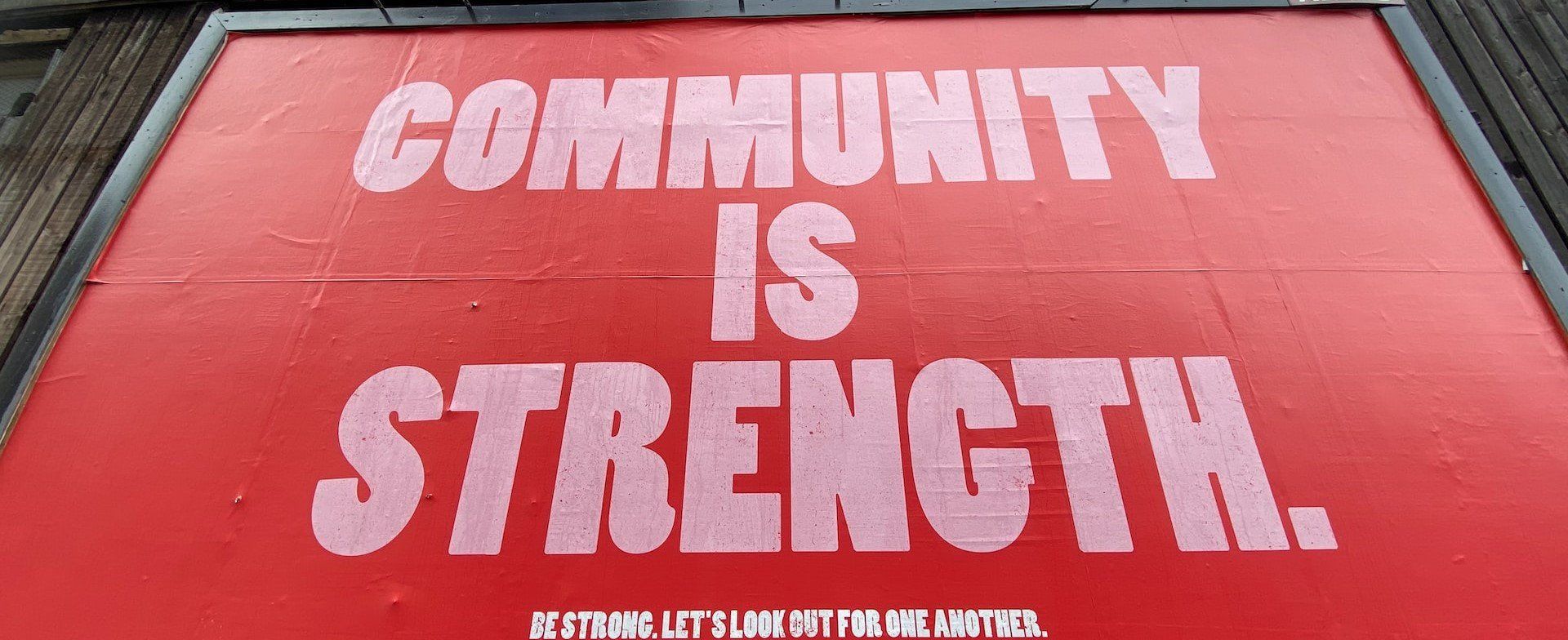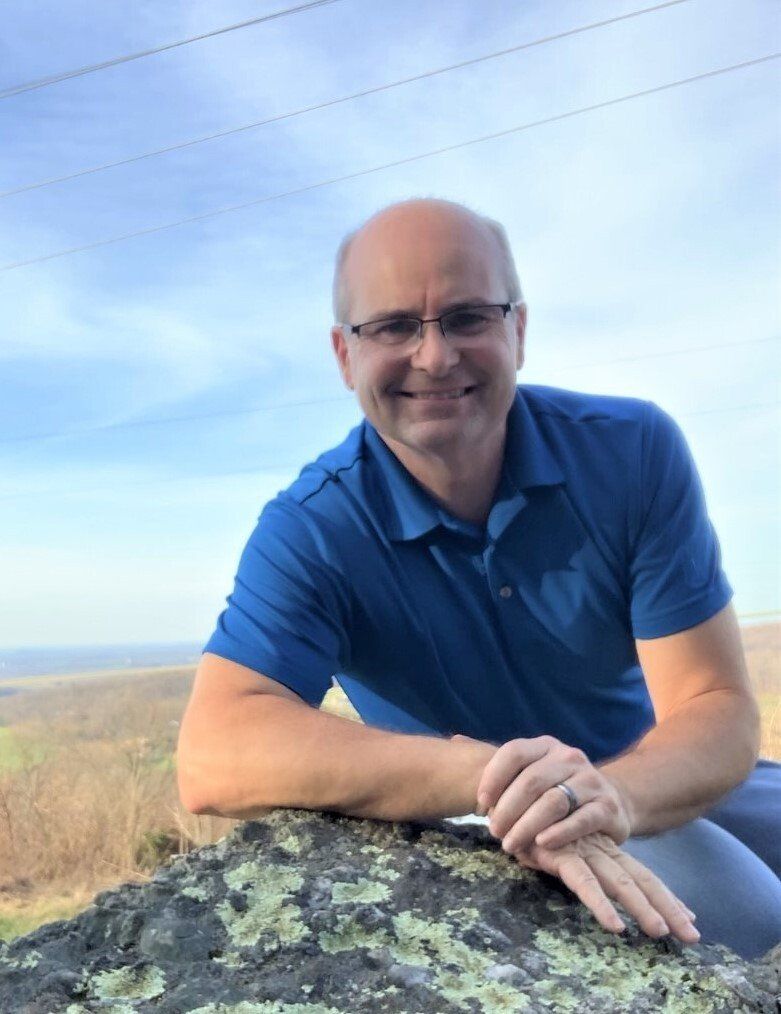Learn more about my book "The Courageous Ask"
Can a Board of Directors Contribute to the Fall of a Nonprofit Leader?
Yes, the internal
struggles of a board of directors can contribute to the fall of nonprofit leaders.
In this series I am working toward a proactive approach to prevent the fall of Christian nonprofit leaders. This potential fall can be catastrophic to the organization, so it is important to examine all facets that may lead to a fall.
And yes, it could happen in your organization whether you believe it or not.
The cast of players involved in the approach to prevent the fall include the leader themselves, their accountability structure, the community, and all others in the leader’s sphere of relationship.
I just spent a few weeks, and articles, writing about issues specific to executive leaders, and their role, that tempt them to fall. I am now going to write about the challenges to an accountability structure—in this case a board of directors—that can contribute to improper focus and may contribute to an executive leadership fall.
This examination of the role of the individual board member and the board as a body is definitely not exhaustive and is split into two articles.
(This article is the seventh in a series that focuses on starting a conversation centered on preventing the fall of nonprofit leaders. I write it from a Christian perspective, but all leaders will benefit. Be sure to sign up to receive these articles via email every Tuesday at briankreeger.com. In addition to receiving these articles two days before they hit social media, you will receive the Introduction and the Appendix (My story) to my upcoming book, The Courageous Ask: A Proactive Approach to Prevent the Fall of Christian Nonprofit Leaders.)
Board members have
chosen a unique form of leadership, often based on their own passions, experiences, and personal missions in life. Perhaps they have had a life experience, or someone close to them has had an experience, that motivates them to want to be part of a solution. Some desire to be the answer to someone hurting and in need.
The board member finds that serving on a board brings personal fulfillment as they pay it forward and give back. Serving on a board may actually bring balance to their life.
As a board member, there are ups and downs. There are successes and failures. There are benefits and drawbacks. There are smiles and frowns.
Despite the board
member’s motivation and ambition, they often are placed in difficult positions. There are many decisions that need to be made by a board of directors that might have displeasing results no matter what decision is made. For instance, deciding on the proper balance between the accountability to a job description for the executive and that leaders humanness can be extremely difficult. Being a board member can feel thankless.
Plus, outside their board experience, the volunteer board member works to balance their family, their career, and all other aspects of their life. That’s not always easy, especially when one group overlaps another, such as your friends or relatives being involved in the organization’s leadership.
After all, board members are human. The human nature inherent in each individual board member must be melded together into a cohesive group that is a perfect blending of those natures for the benefit of the organization. And I like what legendary coach Vince Lombardi once said, “Perfection is not attainable, but if we chase perfection we can catch excellence.” All boards should be reaching for perfection, thereby attaining excellence concerning internal relationships.
I have served on many nonprofit boards of directors. At one point, I was on seven at the same time. Crazy, yes. Fully effective, I doubt it. I really enjoy being on nonprofit boards and believe strongly that everyone should sit on boards whenever possible.
In many ways,
the board is much more important than the executives themselves.
Bottom line, the board
is the entity.
There may be some room to argue concerning who has the most impact in the average nonprofit, the board or the executive. But, the fact remains that the opportunity for the executive to influence is ultimately given by the board.
Although the organizational leader hired by the board has their legal and moral responsibilities, in all aspects of the organization, the buck stops with the board. As such, their ethical, legal, monetary, and fiscal responsibilities are to that entity. The board of directors is expected and legally bound to duties of good faith, due care, and loyalty.
These factors make the board the organization’s true leadership. This can be forgotten, as the board operates most times in the background, and not out in the public or among volunteers and clients.
As was mentioned earlier, board members are human. That humanness can lead to difficulties in the boardroom and in relationships with executive and staff.
Too many times a board's internal struggles take the focus away from those things most important to the nonprofit, including the proper monitoring, mentorship, and care of an executive.
Those internal difficulties can include governance disagreements, board member recruitment and retention, differing levels of commitment, time constraints, onboarding and training, etc. We will look at some of these in the second part of this article.
This is where a board of directors can contribute to the fall of their executive.
The Stanford Graduate School of Business, in collaboration with BoardSource and Guidestar, surveyed 924 directors of nonprofit organizations about the composition, structure, and practices of their boards. Their study found that:
- 27% of nonprofit directors do not believe their fellow board members have a strong understanding of the mission and strategy of their organization,
- 32% are not satisfied with the board’s ability to evaluate the performance of the organization,
- 65% of those surveyed do not believe the directors on their board are very experienced,
- 48% do not believe their fellow directors are very engaged in their work,
- 47% of nonprofit directors believe that their fellow board members understand their obligations as directors well, and
- 69% of nonprofit directors say their organization has faced one or more serious, governance-related problems in the past 10 years.1
So, this is how boards see themselves. Considering these challenges, it is easy to see how some boards find themselves inadvertently taking their eye of the ball.
This ends up becoming a contribution to the fall of a nonprofit leader.
This series of articles is certainly not intended to be a guide in how to create a properly functioning board of directors. But, again, it is important to note that some of the difficulties encountered in operating a board internally can pull the focus away from their core duties, one of which is the proper monitoring and health of their top executive.
It takes a masterful board chair to maintain proper focus in a nonprofit organization. Many do it well.
Serving on a board is tough work. Very tough work, no question. It takes great wisdom, courage, and integrity to do it well. Keep in mind that this article fits into a section of this series that highlights the problems that may contribute or lead to a nonprofit leadership fall.
Many boards function with excellence and impact their executive and community tremendously. Some boards need to experience some growth in how they function. Perhaps just a tweak.
Some boards just need someone to Courageously Ask Questions. Is that you?
For the Christian nonprofit board member there is one quality that can be used to overcome nearly all issues in the boardroom if applied universally: Humility. But that's for a future article.
I will be probing further into the issues that pull the focus away in next week’s article, which will delve a little deeper into board struggles.
1David F. Larcker et al., “2015 Survey on Board of Directors of Nonprofit Organizations,” Stanford Graduate School of Business, April 2015, https://www.gsb.stanford.edu/faculty-research/publications/2015-survey-board-directors-nonprofit-organizations.
Be sure to sign up to receive these articles via email every Tuesday at briankreeger.com. In addition to receiving these articles two days before they hit social media, you will receive the Introduction and the Appendix (My Story) to my upcoming book, The Courageous Ask: A Proactive Approach to Prevent the Fall of Christian Nonprofit Leaders.
Brian@briankreeger.com
#Leadership Fall #Leadership Survival #Human Nature #Nonprofit Relationships #Proactive Approach #Leadership Choice #Board of Directors #Board Struggles Board of Directors Struggles






